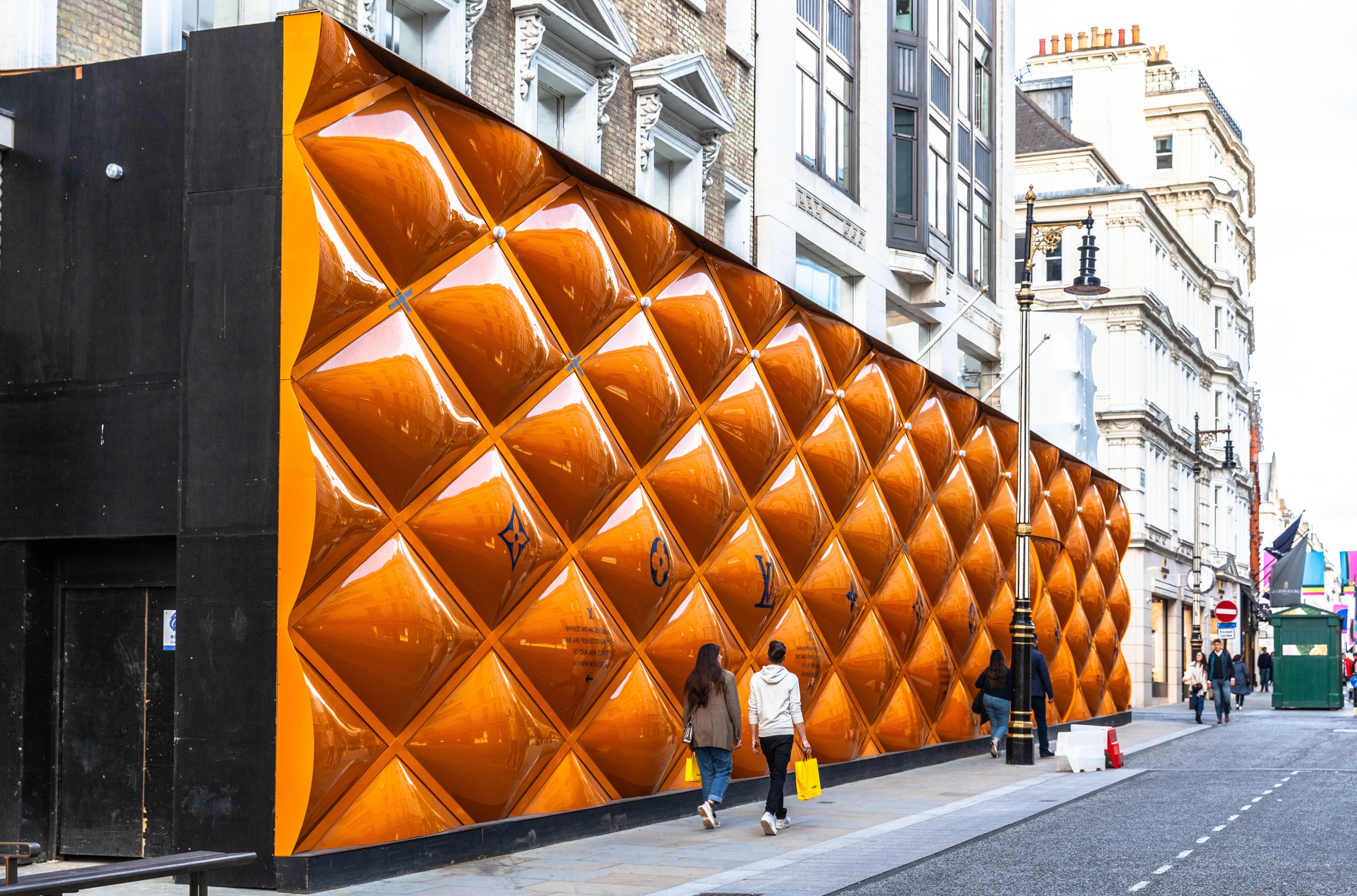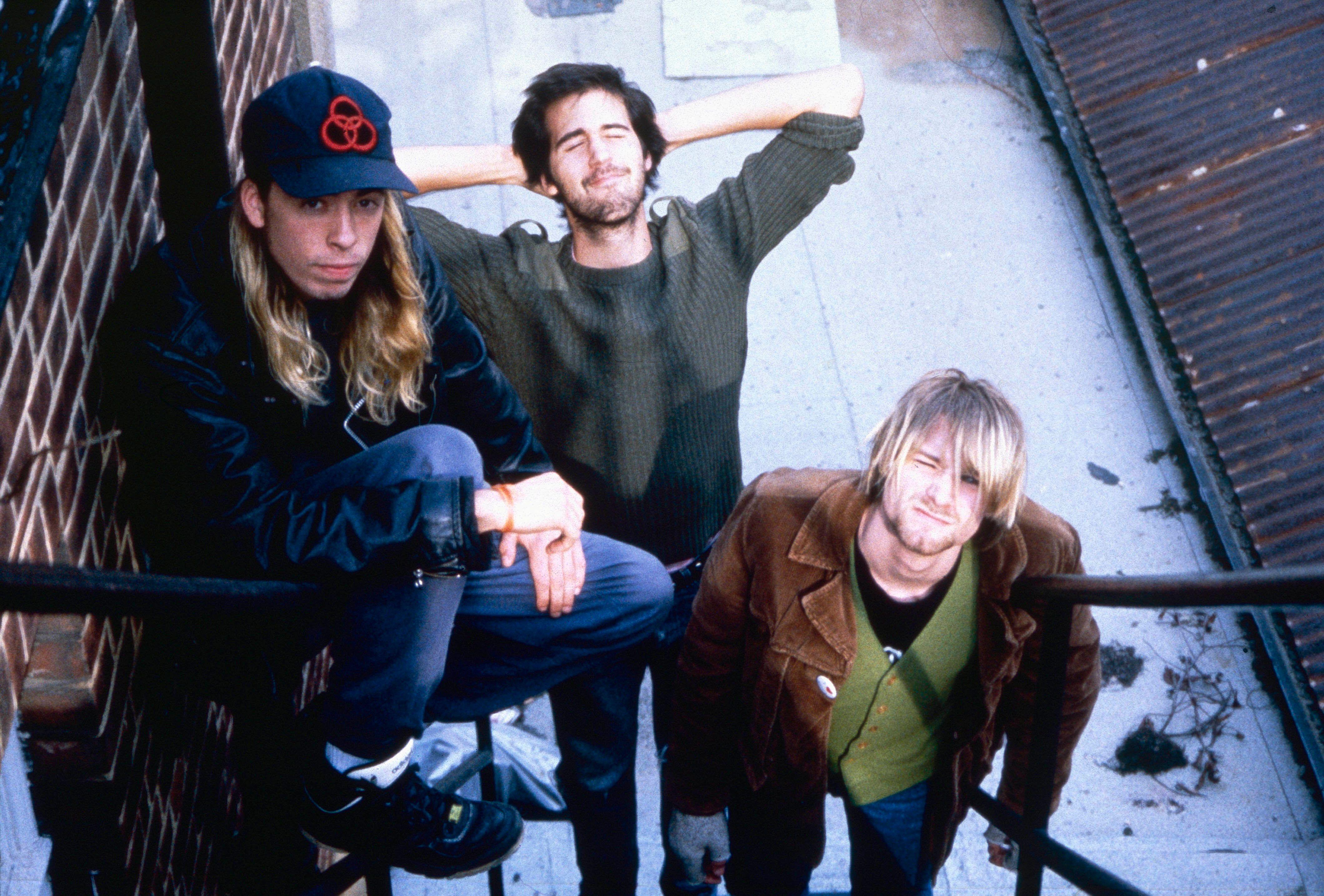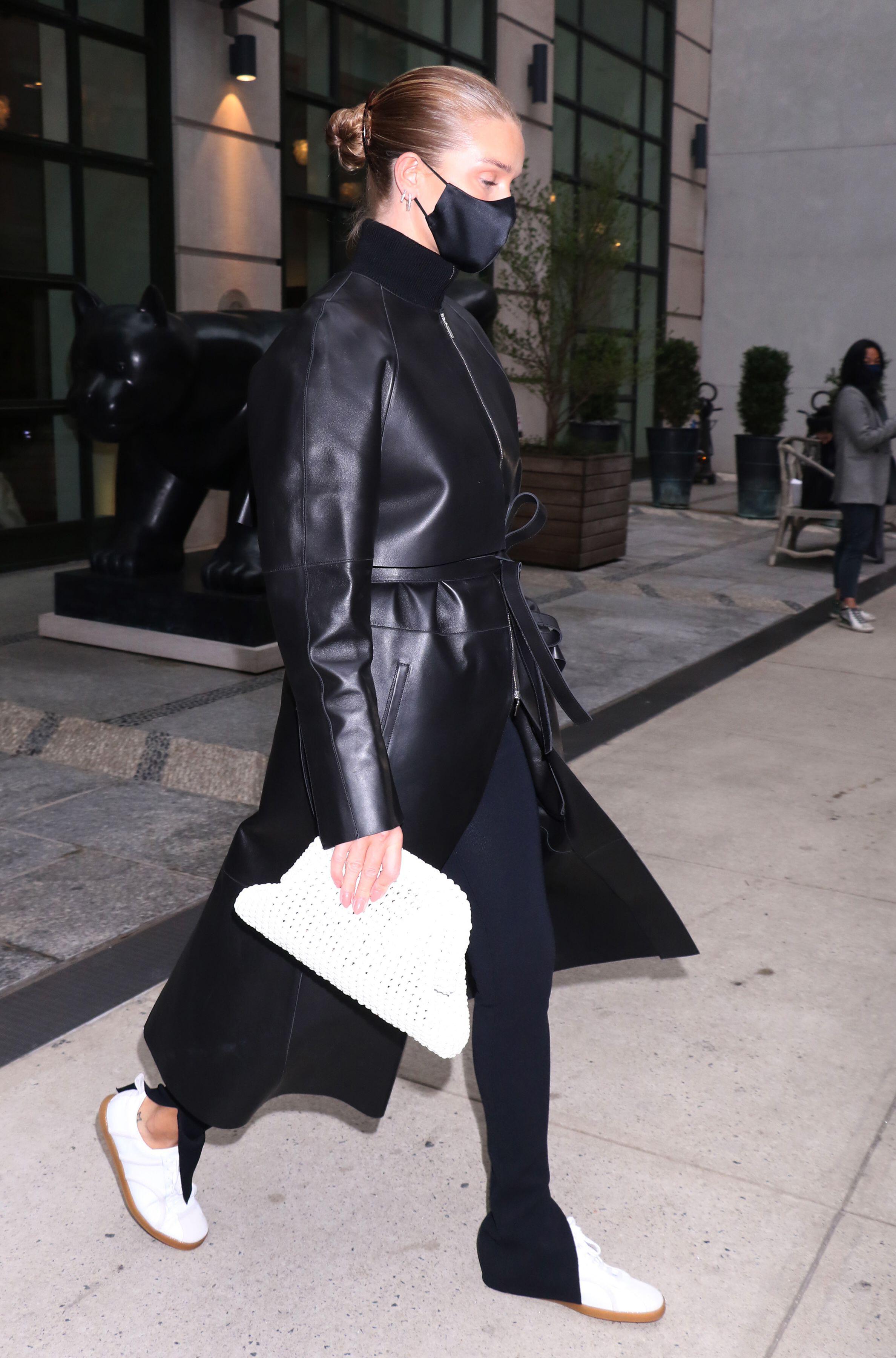
Support truly
independent journalism
Our mission is to deliver unbiased, fact-based reporting that holds power to account and exposes the truth.
Whether $5 or $50, every contribution counts.
Support us to deliver journalism without an agenda.

Louise Thomas
Editor
TikTok’s for you page is usually comprised of clothing hauls, shopping trips and gift guides. But a new trend has recently taken over: #underconsumptioncore.
In response to the hyper consumerism that has dominated newsfeeds over the past year, underconsumption-core romanticises buying just what you need. It shows people repurposing what they already have – from reusable Gü-pudding pots to second-hand clothes.
As the next generation of fashion buyers swap tips on sourcing vintage and how to dress while spending less – this spells trouble for the luxury fashion industry.
Last month it was announced that shares in LVMH, which owns Louis Vuitton, Dior and Tiffany & Co, dropped 5% as sales in the key Asian market were down 14%.
It was also revealed that shares in Kering – owner of Gucci, Balenciaga and Yves Saint Laurent – were down more than 4% as group revenues fell 11%, led by an 18% slump at Gucci.
As consumers tighten their belts amidst a persistent cost-of-living crisis, there are concerns that people are losing interest in luxury goods.

Unlike usual “core” trends, underconsumption-core is less of an aesthetic and more of a lifestyle. Creators are showing off how they fix and repurpose items, with the aesthetic lying in the worn and nonchalant nature of the clothing, as opposed to the polished and ‘box-fresh’ look.
This idea of timeworn and relaxed style is nothing new – the grunge trends of the late Nineties popularised by Kurt Cobain and Courtney Love perpetuated this aesthetic but through messages of rebellion as opposed to sustainability.

It appears that taste for luxury goods are depleting among Gen Z, with vintage designer bags now cultivating more interest than new releases. However, despite suppressing appetite, there’s still a window of hope for luxury labels.
This minimalist lifestyle has sprung from the waves of ‘old-money chic’ and simple fashion trail-blazed by the likes of Hailey Bieber, Rosie Huntington-Whiteley and Sofia Richie. This aesthetic encouraged purchasing timeless items that would be invested in, worn forever and passed down through generations.

This is a trend that luxury labels seem to be cottoning on to. In the wake of post-Covid price hikes, several brands are now offering steep discounts on their small leather goods to lure buyers back and manage surplus inventory.
It appears therefore that there is still a place for luxury brands – just not in the excess of the 2010s that we’d previously thought. With sustainability and thoughtful purchasing now at the core of consumer mentality, it seems that fashion is going through a golden-age of understatement.
As fashion month kicks of in New York on September 6th, it will be interesting to observe how designers have adapted to this consumer palate, and what messages lie behind their shows.







